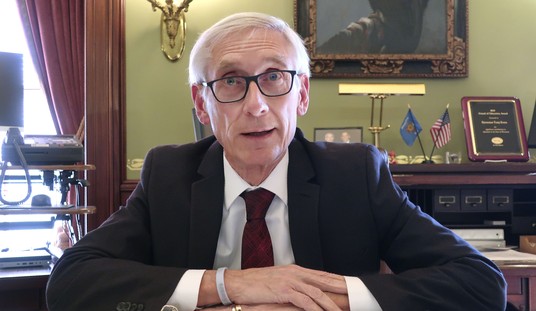"I need to report a crime," Terry Richmond, the protagonist of the currently popular Netflix movie "Rebel Ridge," tells Jessica Sims, a police officer in a small Louisiana town. That crime was highway robbery: the theft of $36,000 in cash. But the perpetrators were two of Sims' own colleagues, and the cash grab was perfectly legal.
While the details of writer-director Jeremy Saulnier's screenplay are fictional, the broad outlines of Richmond's predicament are sadly familiar. The film vividly illustrates the unjust consequences of civil asset forfeiture, a system of legalized larceny that allows police to seize property that is allegedly tainted by crime.
The U.S. Supreme Court has facilitated that racket both by approving the general concept and by giving cops broad leeway to stop and search travelers. In 1996, for example, the court ruled that the Fourth Amendment allows police to pull over a motorist whenever they have probable cause to believe the motorist has committed a traffic violation, even if that is not the real motivation for the stop.
Richmond is stopped while biking through town on his way to post bail for a cousin who was arrested for marijuana possession. While the exact nature of Richmond's alleged traffic violation is unclear, the cops eventually say they are letting him go with a warning.
Before that happens, however, the officers search his backpack, ostensibly for weapons, and find a bag of money -- the proceeds from Richmond's sale of his interest in a Chinese restaurant, which he says the police can verify by contacting the restaurant's owner. Some of the money is for his cousin's bail, he explains, while the rest is earmarked for a pickup truck he plans to buy for a boat-hauling business.
Recommended
The cops nevertheless keep the cash. "We're going to hold on to this money," one says. "We've concluded from our investigation that this is drug currency."
Richmond, who has committed no crime, is astonished by this turn of events. But as a sympathetic courthouse employee explains to him, police can seize property without accusing the owner of a crime because a civil forfeiture is notionally an action against the asset itself.
Richmond also learns that challenging a forfeiture typically costs more than the property is worth and that police departments use seizures to supplement their own budgets. And he discovers that police may be willing to return a portion of property they seize if the owner lets them keep the rest, especially if they would have trouble justifying a forfeiture in court.
Real-life forfeiture abuses frequently resemble Richmond's experience, featuring pretextual traffic stops, questionable searches and the discovery of money that police view as inherently suspicious. Cops bent on seizing cash tend to dismiss the owner's explanation of its source, whether it's poker winnings, the sale of a car, or a retiree's life savings, and its intended use, whether it's film production expenses, a down payment on a music studio, or -- as in "Rebel Ridge" and several actual cases -- a truck purchase.
Vague allegations, sometimes including cut-and-pasted boilerplate, are another common feature of forfeiture cases. So are extortionate demands, euphemistically known as "mitigation" offers, that owners surrender some of their property to avoid a costly, prolonged and iffy legal battle.
At the root of it all is the profit motive created by statutes that let law enforcement agencies keep a big share of the proceeds (in Louisiana, 80%) from forfeitures they pursue. As "Rebel Ridge" suggests, the heads of those agencies sometimes use their loot for questionable purposes, spending it on booze, marijuana, prostitutes, concert tickets and home security systems.
Even when police and prosecutors follow applicable spending guidelines, the system is inherently corrupting. It encourages them to focus on raising revenue instead of protecting public safety.
While Richmond's forfeiture problem is realistic, his solution, which involves considerable extralegal self-help, is not. In the real world, the answer lies in abolishing laws that turn cops into robbers.
























Join the conversation as a VIP Member